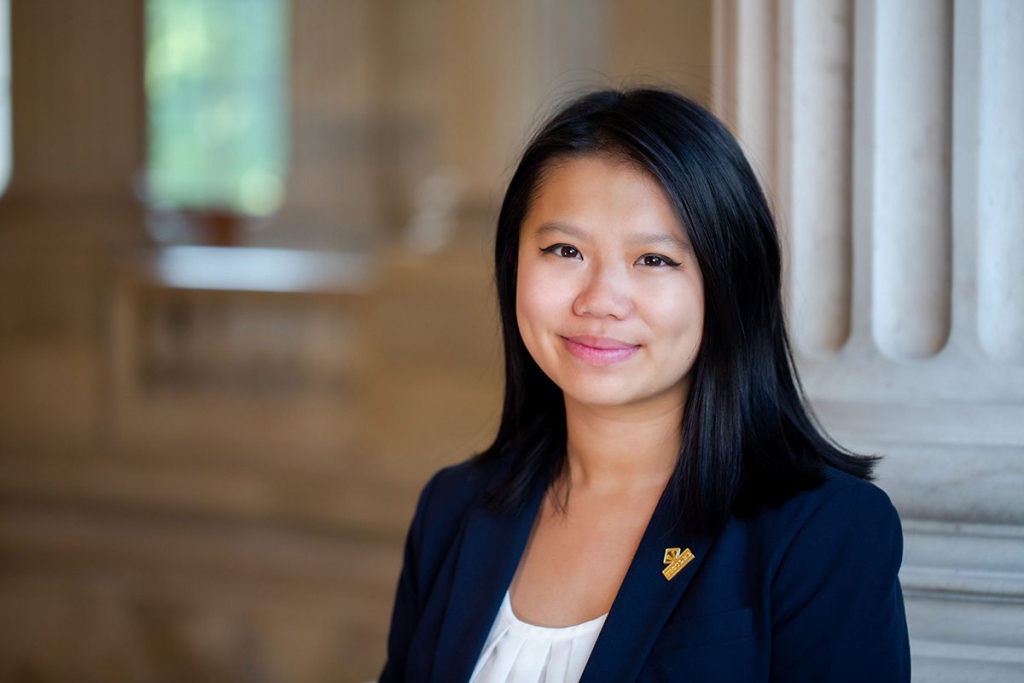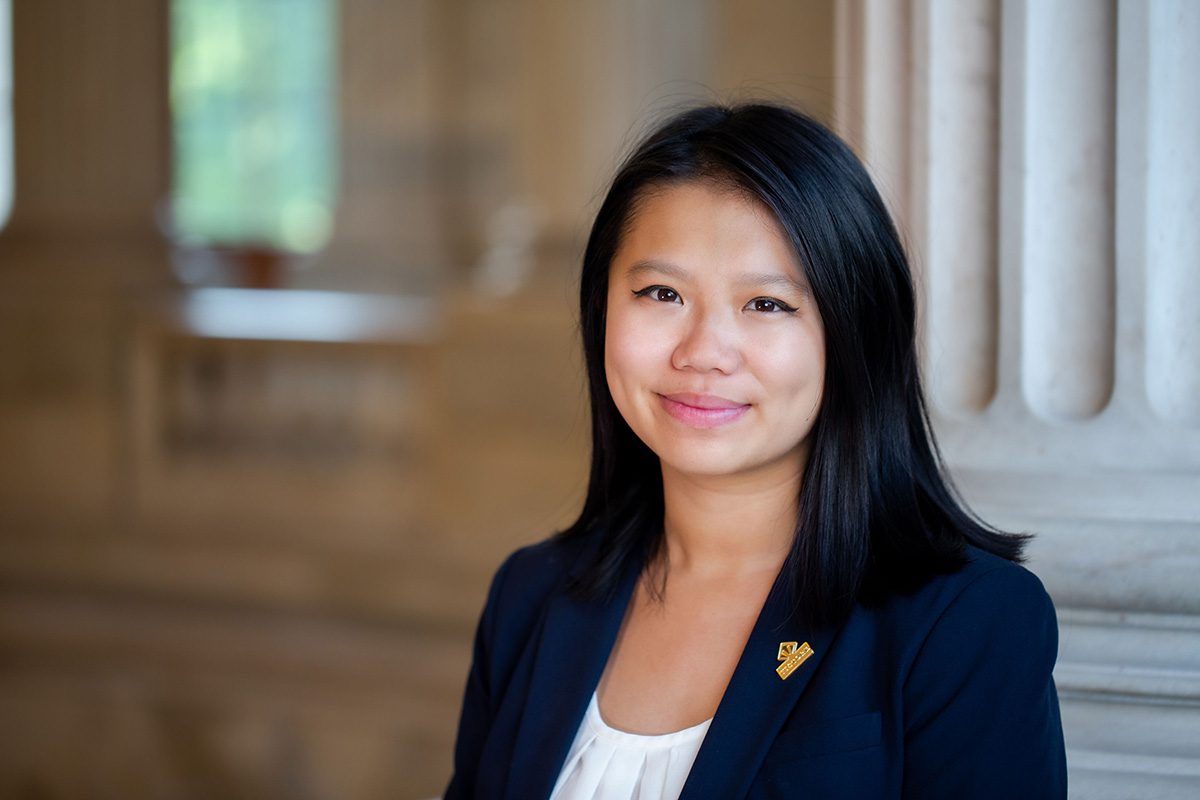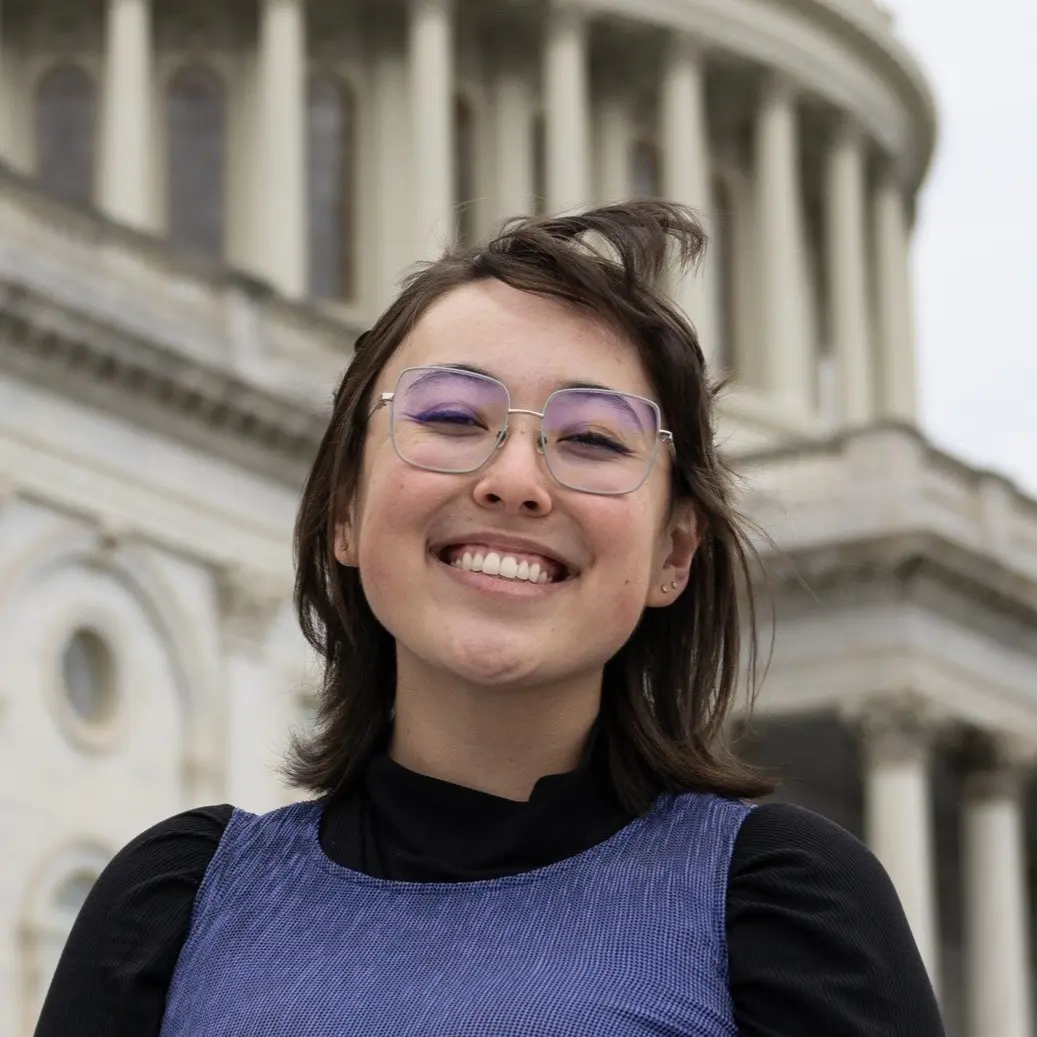
OUT ON THE HILL is the official blog of the Victory Congressional Interns. Views expressed do not necessarily reflect those of LGBTQ+ Victory Institute. Learn more about the internship at victoryinstitute.org/vci.
During the last few weeks, I’ve spent a lot of time engaging with constituents—on phone calls, in form letters, and even as I make small talk during tours of the Capitol. Going into this internship, I knew that I would represent the Senator, but it’s still jarring to remember that for many of California’s 40 million constituents, I’m the closest they’ll ever get to being heard. For that reason, I feel a tremendous responsibility to listen to their stories and to advocate on their behalf. This is easy when I agree with them, and much more difficult when I don’t.
For example, as the American public learns more about the conditions at border detention facilities, my office has received an influx of calls about immigration. The majority of callers are sympathetic, and if they get overly emotional, it’s usually in response to the inhumane treatment of asylum seekers. But a few callers have told me that “those illegal aliens” deserve to be punished for breaking the law or that they shouldn’t have come here if they didn’t want their children taken away. I’m a child of refugees, and I still can’t imagine how desperate someone has to be in order to risk such a dangerous journey. The complete lack of sympathy is disheartening. At the same time, I’m learning a lot. Amidst this hateful rhetoric, I’m developing my capacity to deescalate conflict and process emotional challenges.
Even the cases I agree with have added nuance to my perspective and pushed me to grow. Because I was assigned to the healthcare legislative portfolio, I’ve written over a dozen form letters and memos on everything from telehealth in rural communities to toxic phthalates in menstrual care products. I see a lot of pain and suffering, but nothing could’ve prepared me to read a letter from a girl my age, whose father had died of amyotrophic lateral sclerosis (ALS). After asking the Senator to help raise awareness of the disease, she wrote, “I’m not an employee of the ALS association. I’m just a girl who misses her dad.” Stories like hers remind me that the work we do has real life implications.
My internship hasn’t always been easy, but it’s taught me how to remain levelheaded in the face of conflict and hardship. Through interacting with a variety of people, I have learned to communicate clearly and compassionately. I’m glad that I’ve had the opportunity to have these experiences and develop these skills.

